Interior Painting Scheduling Guide
Spring offers moderate temperatures and higher humidity levels, making it an ideal time for interior painting. The moderate climate can facilitate proper drying and curing of paint layers.
Summer provides longer daylight hours and warmer temperatures, which can speed up drying times. However, high humidity and heat may require additional precautions to prevent issues like bubbling or peeling.
Fall features cooler temperatures and lower humidity, creating favorable conditions for interior painting. This season often aligns with home improvement schedules before winter.
Winter can pose challenges due to low temperatures and dry indoor air, which may slow drying and curing. Proper heating and humidity control are essential if painting during this period.
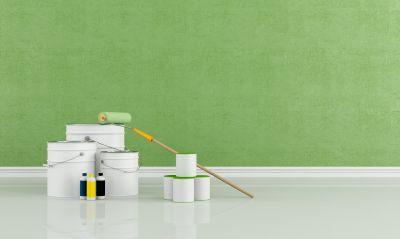
Ways to make Interior Paintings work in tight or awkward layouts.
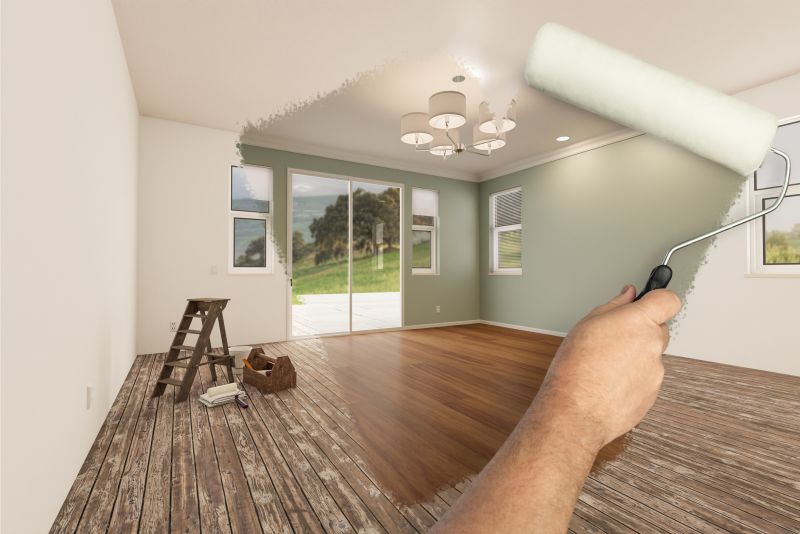
Popular materials for Interior Paintings and why they hold up over time.
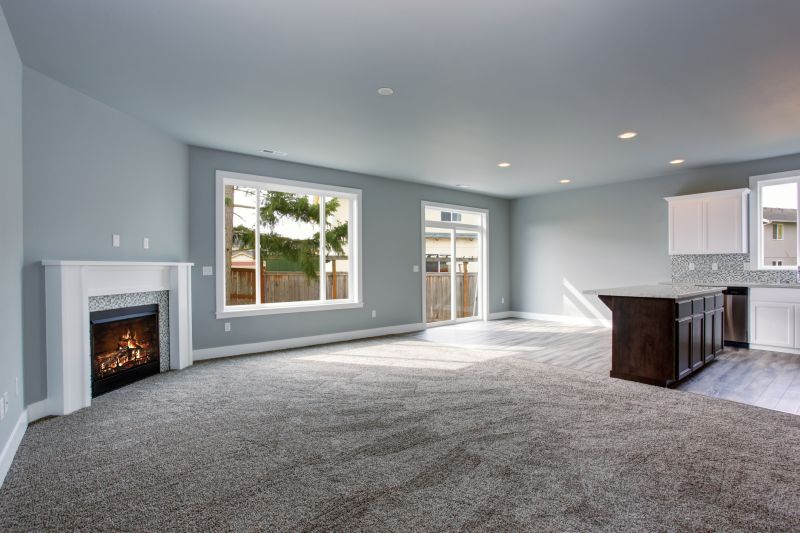
Simple add-ons that improve Interior Paintings without blowing the budget.
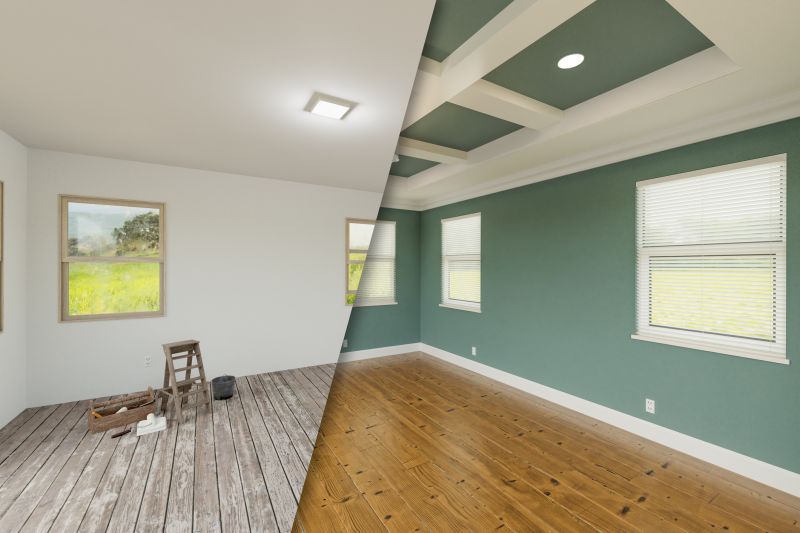
High-end options that actually feel worth it for Interior Paintings.
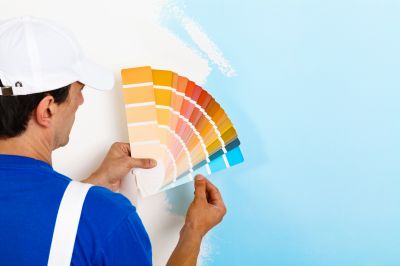
Finishes and colors that play nicely with Interior Paintings.
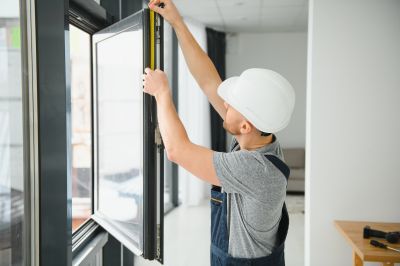
Little measurements that prevent headaches on Interior Paintings day.
| Season | Ideal Conditions |
|---|---|
| Spring | Moderate temperatures, higher humidity, good for drying |
| Summer | Warm temperatures, longer daylight, monitor humidity |
| Fall | Cooler temperatures, lower humidity, ideal for interior work |
| Winter | Cold temperatures, dry indoor air, requires heating |
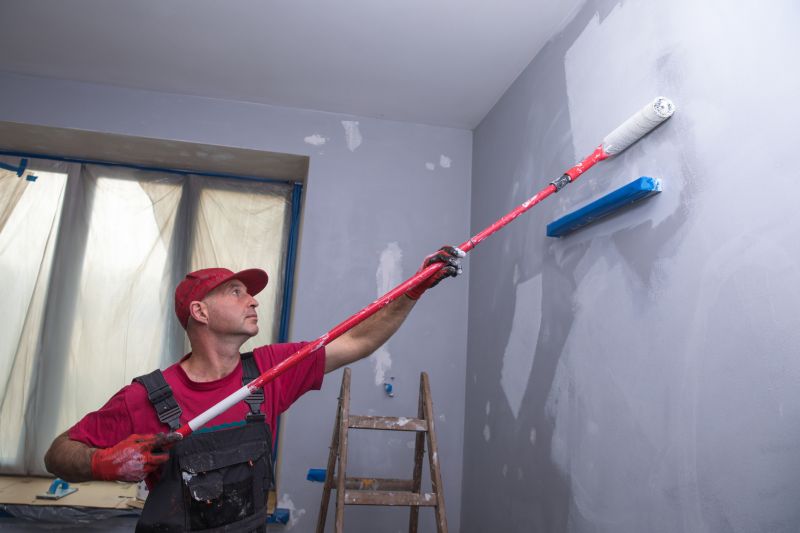
A 60-second routine that keeps Interior Paintings looking new.
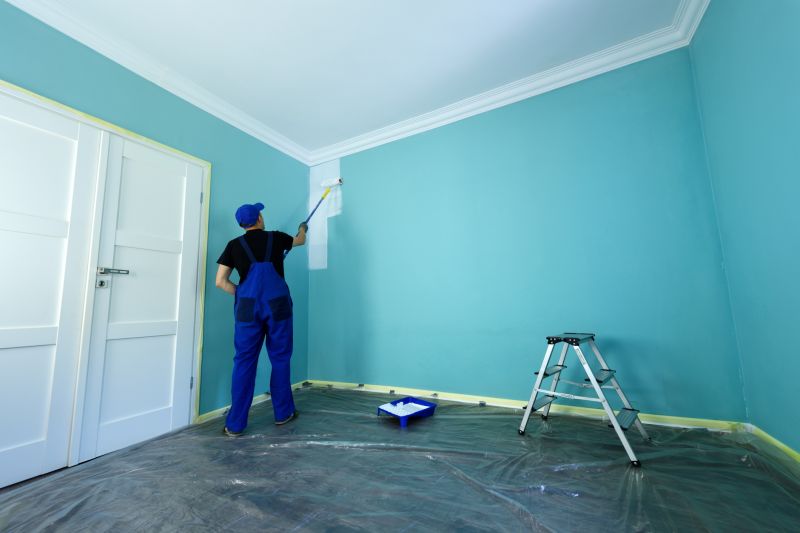
A frequent mistake in Interior Paintings and how to dodge it.
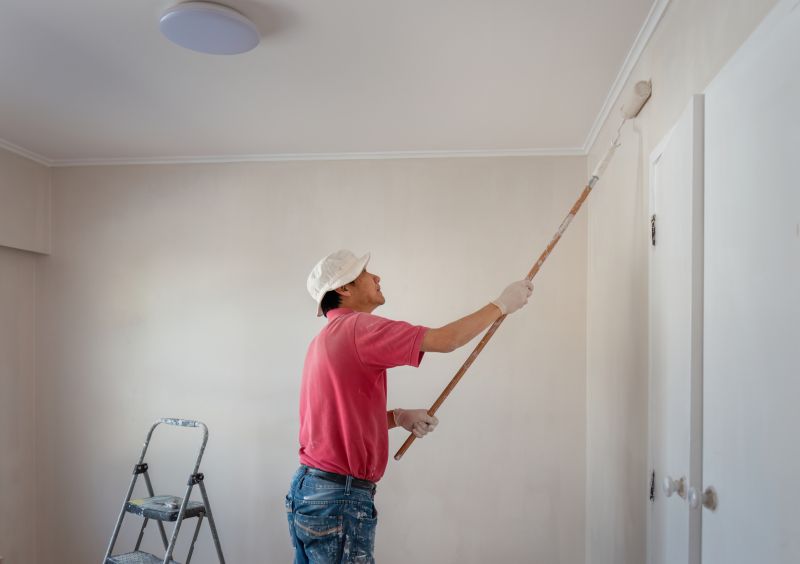
Small tweaks to make Interior Paintings safer and easier to use.
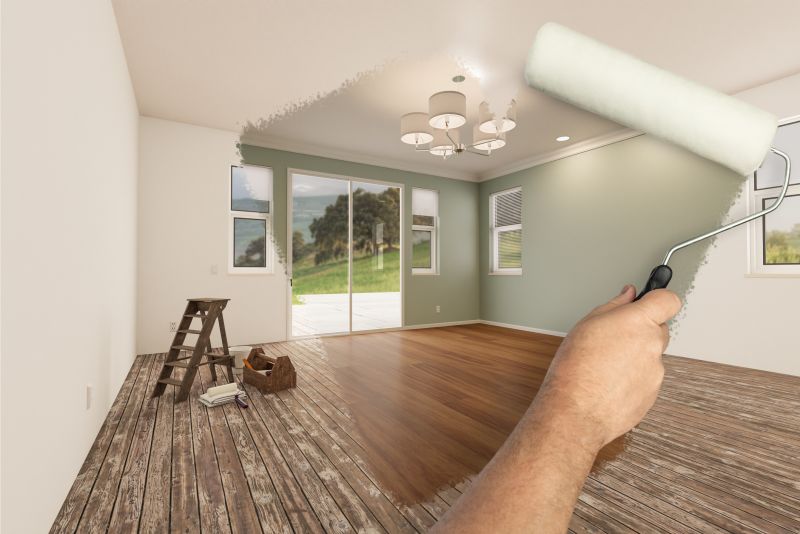
Lower-waste or water-saving choices for Interior Paintings.
Interested in scheduling interior painting? Filling out the contact form can facilitate planning and ensure the project aligns with seasonal conditions for optimal results.
